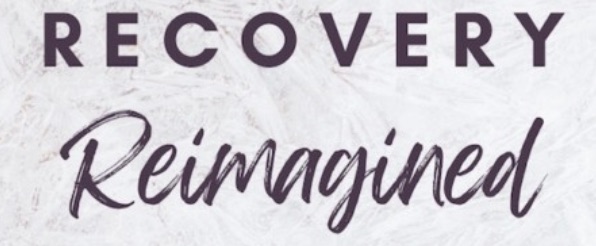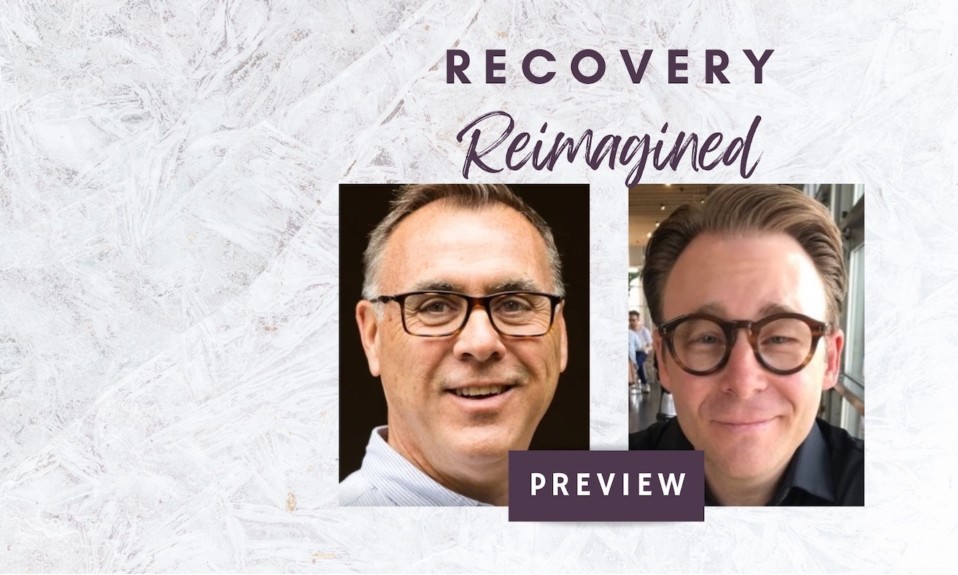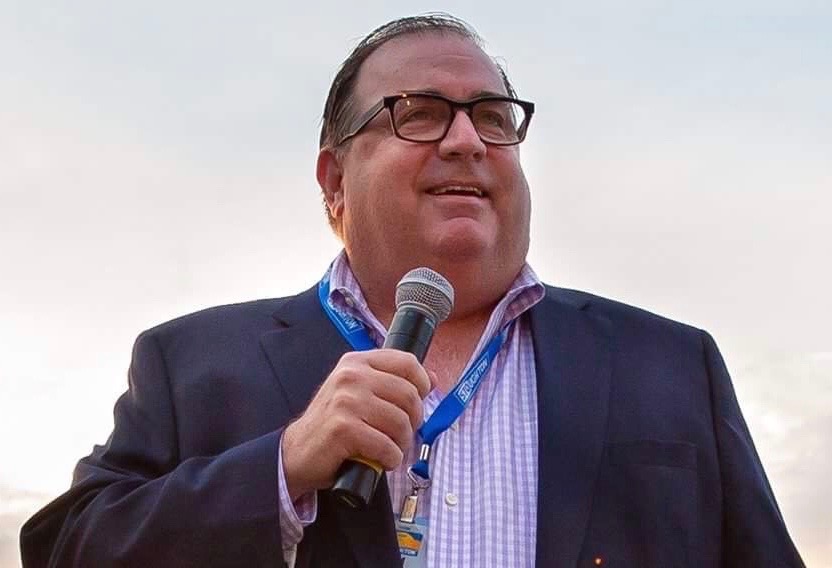Two innovators explain why this tool can be of great value to the addiction treatment community
By William Wagner
The term “recovery capital” has worked its way into the addiction treatment lexicon, but what exactly does it mean?
Annie Peters, PhD, LP, director of research and education for the National Association of Addiction Treatment Providers (NAATP), thinks about it this way: “Recovery capital is a concept becoming more recognized as vitally important in understanding substance use disorders [SUDs) and how people recover from them. It’s a concept that is valuable because not only does it identify personal social, and community strengths that help people thrive, it has also been effectively measured through tools such as the Recovery Capital Index [RCI].”
In the upcoming installment of our Recovery Reimagined series—an interview with David Whitesock and Steve Millette—Peters will delve into the RCI. Whitesock, founder and CEO of Commonly Well, is bringing the RCI to a wide market, while Millette is leveraging the tool for various organizations through his work as executive director of Behavioral Health and Recovery at Gloo.
“Recovery capital is a concept becoming more recognized as vitally important in understanding substance use disorders.”
—Annie Peters, NAATP
Whitesock views the Recovery Capital Index as a sort of microscope. “We think about recovery capital as, ‘What are the component parts that make up a person’s life, and why is it important to measure that?’ Why does the Recovery Capital Index take that approach? Because when individuals can get down to a little bit more granular level, that helps the idea of the intrinsic motivation for change. We can actually see those things and know [whether] I’m making a change in a particular area, or [if] I’m not and need to adjust. As opposed to broader measures that make it difficult to say, ‘Where do I make an adjustment?’”
Adds Millette, “Success needs to be completely redefined so that it is much more holistic and much more accessible for the individual who is on the journey. I think recovery capital helps us do that as an as an industry and as a culture.”
The conversation with Whitesock and Millette also winds into several other topics that are top of mind in the field. Look for it within the next couple weeks.
Recovery Reimagined
The NAATP and TreatmentMagazine.com have teamed up on Recovery Reimagined, which is designed to amplify the voices of some of the brightest people working in mental health and addiction treatment. Our objective is to provide food for thought and, where we feel it necessary, advocate for change. Says Peters, “To reimagine recovery, we need to start with redefining it. We need to reclaim this term and principle as multiple pathways to individualized healing.”

Our Recovery Reimagined interview subjects thus far have included:
- John Kelly, founder of the Recovery Research Institute at Massachusetts General Hospital
- Matt Vogl, executive director of the National Mental Health Innovation Center (NMHIC) at the University of Colorado Anschutz Medical Campus
- Shari Hampton and Ester Nicholson, recovery coaches for the SHE RECOVERS Foundation
- Christina Simos, executive director of Friendly House in Los Angeles
- Jerry Schwab, CEO of High Watch Recovery Center













